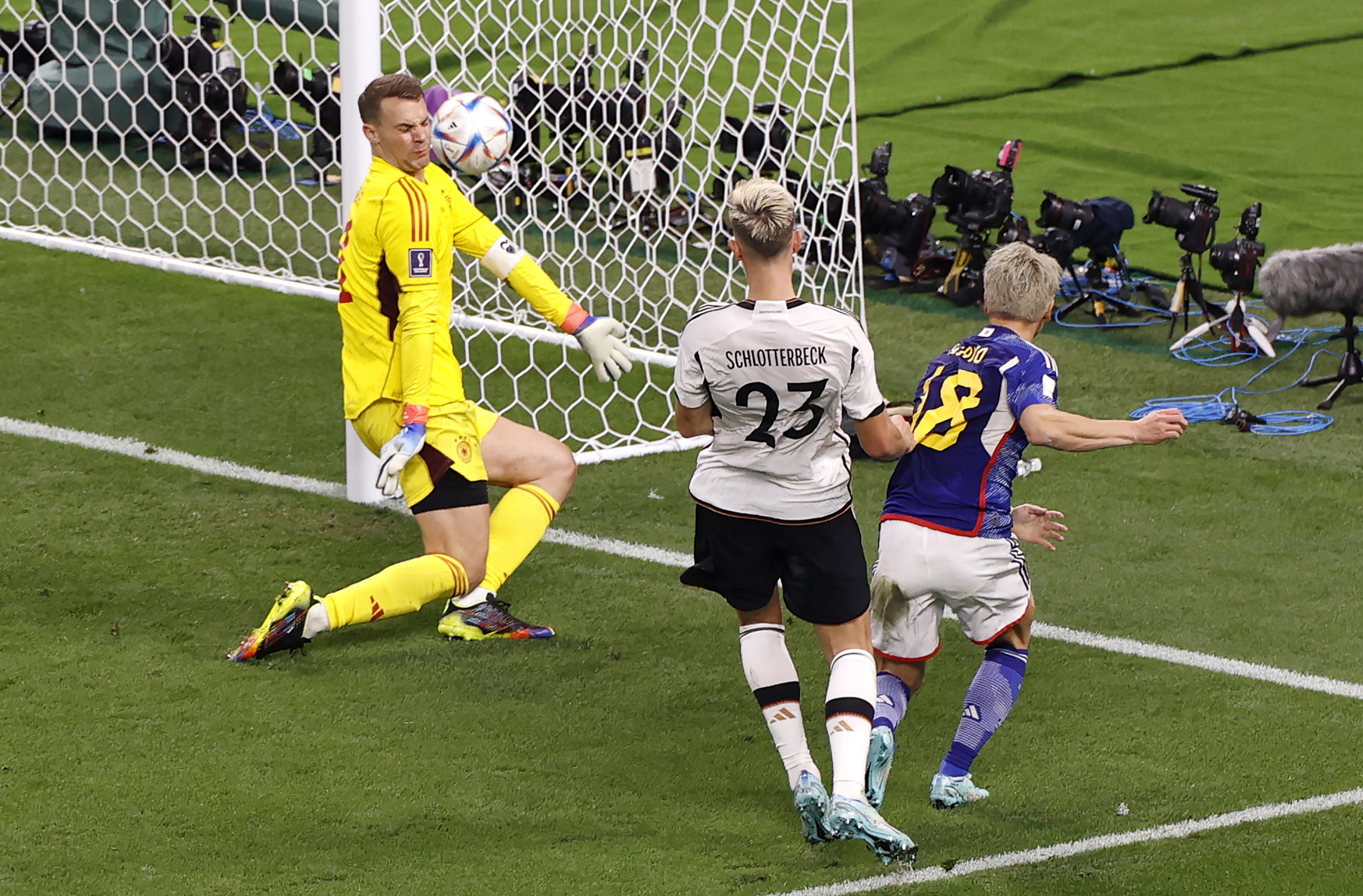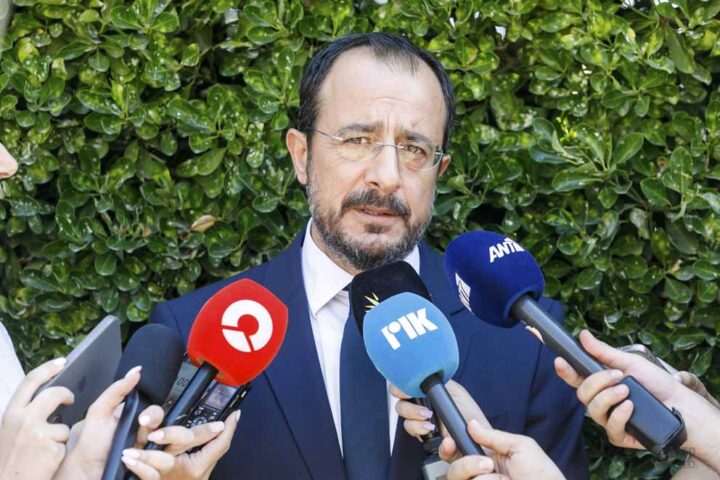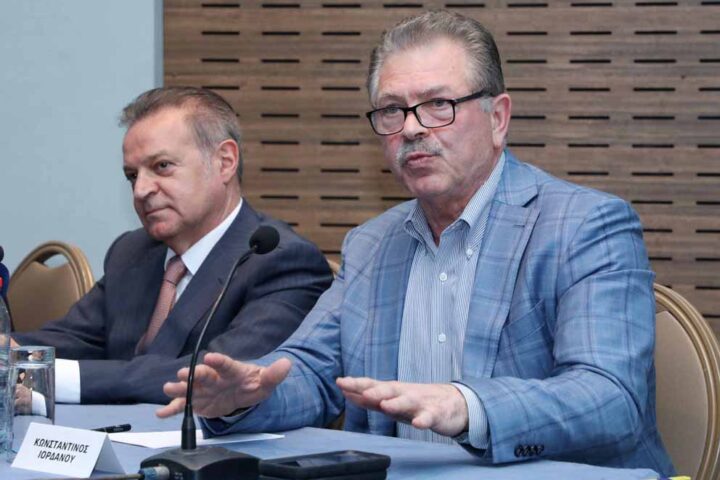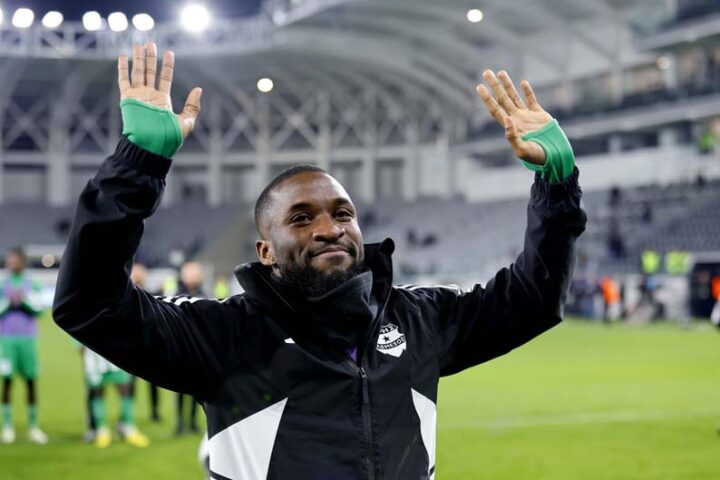Politics has left its debris across the World Cup in Qatar like a hurricane in a teacup as football has tried to do the talking.
Human rights, diversity and inclusion have been the buzzwords before and during the tournament that have crowded the conversation.
So much so that former FIFA President Sepp Blatter said it was a “mistake” giving it to Qatar in the first place in what has turned out to be a discredited selection process that also saw Russia jump out of the hat for 2018.
FIFA’s “bad choice” was always going to stoke controversy from the treatment of migrant workers, alcohol bans and LGBTQ+ rights.
Keeping sport separate from politics is tricky, and new FIFA boss Gianni Infantino decided to enter the fray and give the Europeans a lesson in hypocrisy.
In a bizarre monologue, he accused Western critics of Qatar’s human rights record of being white-washing imperialists.
Instead of calming nerves before the first World Cup in the Middle East, Infantino was criticised for being a crass apologist for migrant deaths and the treatment of women.
Qatar has felt like the competition nobody wanted, but some seismic shocks have reminded us why the World Cup is the greatest sporting occasion that captivates billions.
Ironically, it has been two other authoritarian regimes that have hogged the headlines for less brutal reasons.
Saudi Arabia humbling one of the favourites, Argentina and the irrepressible Messi has to be one of the biggest shocks ever.
Especially when the Saudis went behind in the first half and should have been buried out of sight in the first 45 minutes.
Instead, they conjured a remarkable comeback with a double-quick salvo after the interval that stunned Argentina.
Nobody could see that coming or how technically gifted Japan dismantled the mighty Germans firing back late in the game after going behind.
Another nation from the rogue’s gallery, Iran, lit up the World Cup with two late goals in added time to defeat Wales.
A surprising turnaround after England smashed six past them – where the Iranian players refused to sing their national anthem.
And Qatar’s appearance at their football festival is all but over after two losses.
One Love
Despite the on-pitch drama, the early fixtures involving European teams were mired in a row over the captains of England, Wales, Germany, Belgium, Switzerland, Denmark and Netherlands wanting to wear the One Love armband in support of the LGBTQ+ community.
But this support for diversity and inclusivity was frowned upon by FIFA, who quickly shut down any sniff of rebellion.
It warned teams that any armband display would be sanctioned with a booking before kick-off.
This was enough to snaffle the rebels who accused the governing body of silencing free speech and supporting discrimination.
Instead of moaning to FIFA or making token gestures, if the countries believed in their One Love, they should have taken the yellow card to prove a point.
Famously, the German players in their team photo before playing Japan put their hands across their mouths to protest against being silenced.
Taking the issue across the white line did not prevent their capitulation to Japan.
Germany has been unsure what it thinks about playing in Qatar, with sponsors pulling out and many Germans against it.
The four-time winners have much to do to avoid crashing out of this tournament as they did four years ago.
Amid the boring 0-0 draws – compared to only one in 2018 – there have been some refreshing performances from the less fancied sides.
Canada can feel terribly hard done by losing to FIFA-ranked number two Belgium, who got a get-out-of-jail goal after the opposition missed a penalty.
If they show lethal cutting edge in their next games, Canada could progress – Morocco and Croatia should hold no fear.
Tunisia was another team that impressed against the more experienced Danes.
On the evidence so far, Brazil, France, England and Spain will take some beating, although the Samba boys look up for it.
Brazil’s hopes are pinned on golden boy Neymar to harness his prestigious talents in one last hurrah, although the world waits to see if his ankles will hold out.
England, as always, expects, and with young talents like Saka, Bellingham, Mount and Foden, they should go deep in the tournament.
Another feature of this World Cup has been the length of additional time played, usually double the average. More is good.
One player seeming to defy Father Time is Ronaldo, now Portugal’s youngest and oldest player to score in a World Cup.
It’s all simmering nicely with more shocks, heartache and euphoria to unfold in the Qatari desert.










